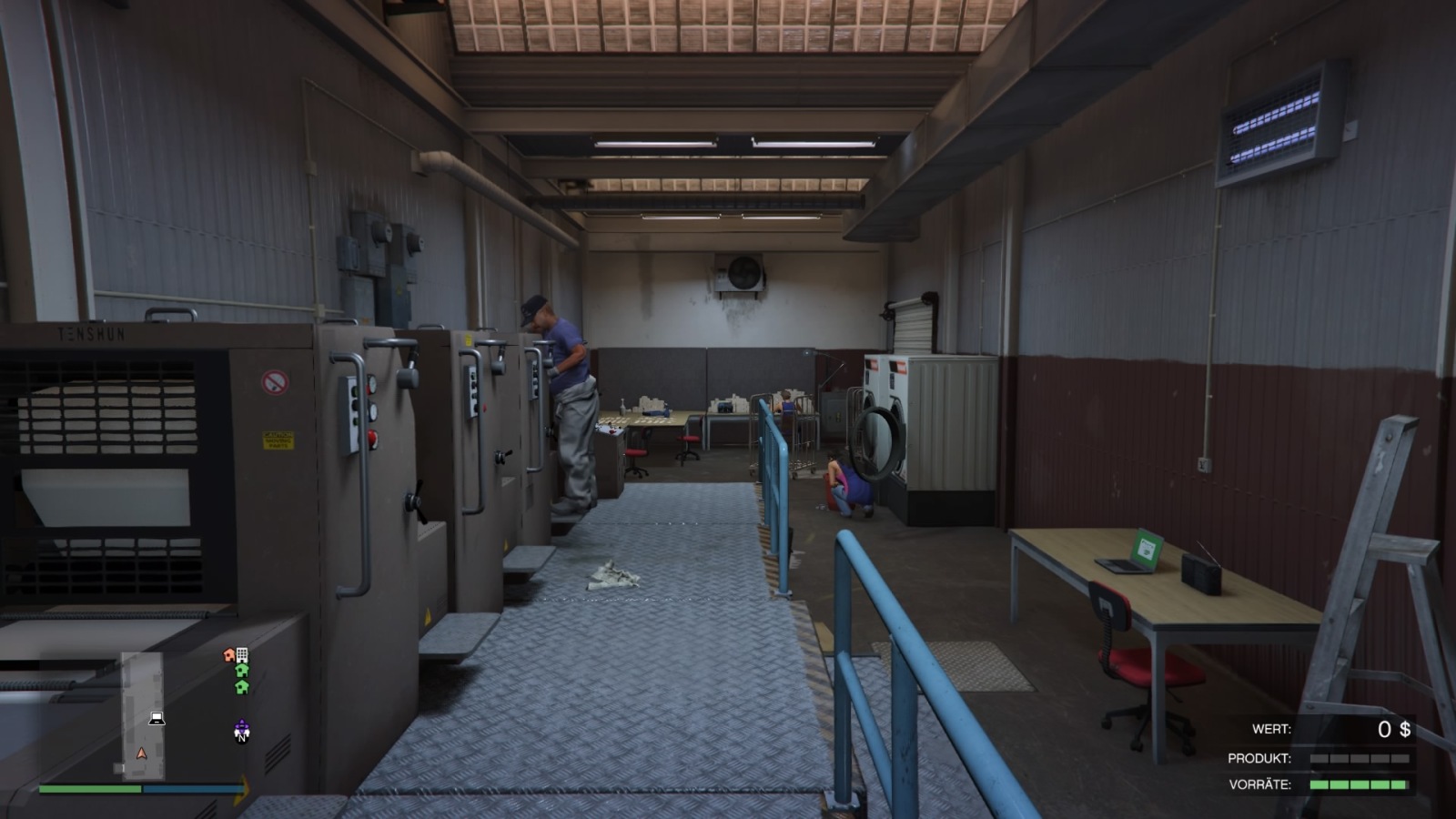Sometimes, a meth lab consists of a system of instruments such as burners, rubber tubing, and coffee filters. You can also expect to see stockpiled chemicals, propane tanks with blue fittings, or an unusual amount of trash. This will usually accompany foul-smelling odors as well.
However, with the introduction of the shake-and-bake method, a cook may include nothing more than discarded soda bottles, a few chemicals, and some pills. Unfortunately, these types of ‘labs’ are extremely difficult to identify without testing. Nevertheless, they are still highly dangerous and explosive, leaving harmful residues as well.
Chemicals used in meth labs include:
Acetone, alcohol, fertilizer, bleach, and battery acid. You may also find Coleman fuel, drain cleaner, drain openers, gasoline additives, hydrogen peroxide, iodine, lithium batteries, and matches. Of course, pseudoephedrine is common, as is salt, sodium and lithium metal, starting fluid, swimming pool chemicals, and more.
Common Equipment used in meth labs:
Aluminum foil, bedsheets, blenders, bottles, chemistry glassware, camp stoves, cheesecloth, coffee filters, cotton balls, and duct tape are all fairly typical. You’ll also see portable hot plates, funnels, garden spray jugs, gas cans, pH test strips, pressure cookers, propane tanks, pyrex dishes, thermometers, turkey basting wand, and more.
If you come across the signs of a meth lab, it’s best to have the property tested right away. We also suggest leaving decontamination to the professionals. You see, cooking meth is a flammable and explosive process, so it’s better to put safety first and keep yourself out of harm’s way.
Similarly, please do not confront anyone you suspect of cooking meth. This is a mind-altering substance that can produce irrational and impulsive behaviors. Call your local law enforcement with your suspicions instead.
For decontamination of meth labs, however, or to have a site tested for methamphetamine residue – call a Certified Decontamination Specialist in your area. If you’re in Utah, call AEI Decon at (801) 888-6698.


I love what you guys tend to be up too. This sort of clever work and reporting!
Keep up the fantastic works guys I’ve incorporated you
guys to my own blogroll.
Howdy! Someone in my Myspace group shared this site
with us so I came to take a look. I’m definitely enjoying the information. I’m bookmarking and will be tweeting this to my followers!
Wonderful blog and terrific style and design.
You’ve made some decent points there. I checked on the internet for more
information about the issue and found most people will go along with your views on this web site.